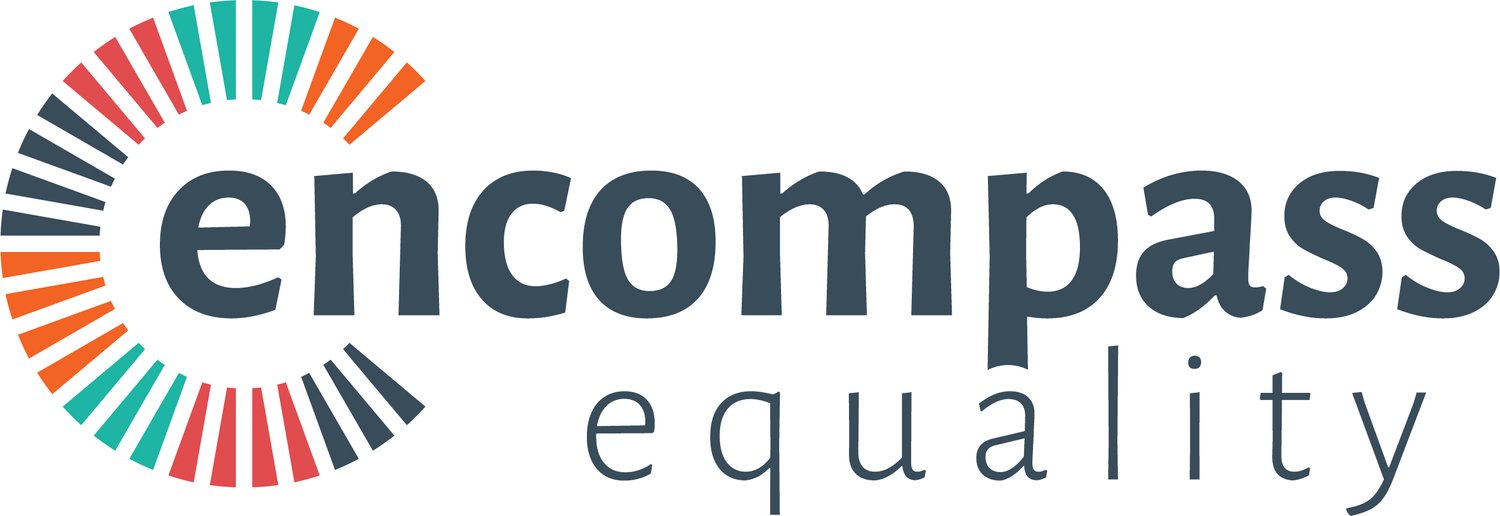The Authority Gap: Lessons for organisations
with Mary Ann Sieghart
Episode #53: The Authority Gap: Lessons for organisations with Mary Ann Sieghart
Series 8, Episode 1, Wednesday 15 January 2025
In this episode, Joy Burnford chats to Mary Ann Sieghart, a journalist, public speaker, consultant, non-executive director, broadcaster, and author of the bestselling book ‘The Authority Gap: Why women are still taken less seriously than men, and what we can do about it’. They discuss the persistent undervaluation of women in professional settings, the importance of involving men in gender equality efforts, and lessons for organisations in closing the authority gap.
Key takeaways
The Authority Gap: Women still struggle to be taken seriously in professional life and are more likely to have their expertise challenged, be interrupted, and have their ideas overlooked compared to men. The authority gap is even more pronounced for women of colour, those with disabilities, and those from lower socioeconomic backgrounds. Transgender individuals also experience stark differences in how they are perceived before and after transitioning. Mary Ann shares some fascinating insights to highlight the disparities that women face, for example:
While women will read roughly 50:50 books written by men and books written by women; for men the ratio is about 80:20 on average. So men will read four books by a man, for every one book by a woman.
Women are twice as likely as men to say they have to provide evidence of their abilities and competence, and nearly twice as likely to say that people are often surprised at their abilities. Women of colour are twice as likely as white women to say these things.
Male managers are much more likely to give ‘micro boosts’ to more junior male colleagues than to more junior female colleagues.
Actions for organisations: Mary Ann recommends these top three actions to create workplaces where women can thrive:
Openly discuss and address the authority gap in your organisation. This means recognising that it exists in the first place and making it a topic of conversation. Train managers to notice where it exists, challenge it when it happens, and see how it comes into more important decisions that aren't just a question of everyday interactions.
Implement equal parental leave policies. Women, at the moment, bear the brunt of parenthood. Every organisation should have equal amounts of parental leave, the same amount of pay for men and women who have children, and actively encourage men to take that leave and reassure them they're not going to be penalised for it. That instantly levels the playing field.
Stop mistaking confidence for competence. They’re absolutely not the same thing. Judge employees on their competence, and not how good they say they are because men are much more likely to oversell themselves and women are much more likely to undersell themselves.
Female role models: Mary Ann’s role model was Helen Alexander, who was CEO of the Economist and one-half of the Hampton Alexander review. Mary Ann describes her as intelligent with high emotional intelligence, very likable, and conveying a ‘warm authority’ which is something that women have to do in order to be both taken seriously and to mitigate any hostility they will otherwise incur for being competent, intelligent and confident.
Insights from Mary Ann
“We have this default assumption that women are going to be less competent than men until they prove otherwise. We assume that a man knows what he's talking about unless he proves otherwise, whereas for a woman, it's all too often the other way around. As a result, women are much more likely to be underestimated, patronised, interrupted or talked over and undervalued.”
“If you're not maximising the potential of half your workforce, your business isn't going to do as well. I mean, business is all about your talent, isn't it? And if women are more likely to leave because they feel they're not progressing as fast as they deserve to, that's going to be very expensive for you, too. Trying to open men's eyes to the fact that this is not something that they should do altruistically or in order to tick the right boxes, but because it's actually in their interest, is really important.”
Keywords
gender equality, authority gap, women's progress, male stereotype, systemic bias, intersectional issues, transgender experience, confidence vs. competence, parental leave, warm authority, imposter syndrome, gender equality consultancy, male involvement, workplace culture, role models
Links and resources
Mary Ann’s book: The Authority Gap: Why women are still taken less seriously than men, and what we can do about it
Mary Ann’s TED talk: Why are women still taken less seriously than men?
Psychology Today article referenced in the episode: Women Are Not the Problem: Imposter syndrome is often due to structural inequality
Mary Ann’s recommended book: Invisible Women: Exposing Data Bias in a World Designed for Men by Caroline Criado Perez
Mary Ann’s recommended podcast: The Rest Is Politics: US with Katty Kay and Anthony Scaramucci (as they talk on absolutely equal terms).
How Encompass Equality can help you
Book a call with Helen Beedham, our Head of Programmes, to find out more about you can retain and progress female talent in your organisation.

